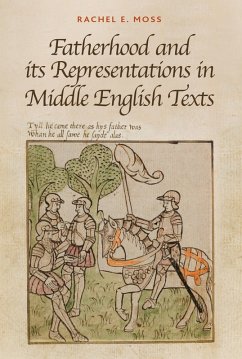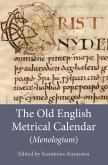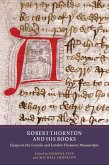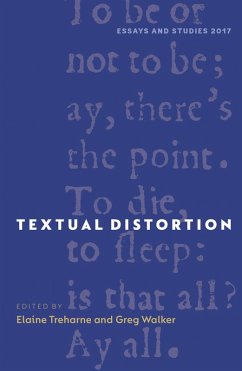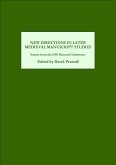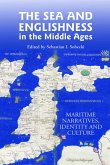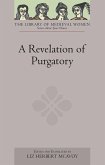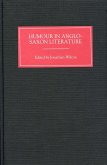The figure and role of the late-medieval father is reappraised through a close reading of a range of documents from the period, including both letters and romances.
Late medieval English society placed great weight on the practices of primogeniture, patrilineal descent, and patriarchal government, and the significance of the father had cultural resonance beyond the rule of law. Yet despite aburgeoning interest in both the family and gender, "the father" has to date received little attention from medievalists. This book takes an interdisciplinary approach to the analysis of the "fictions" of fatherhood, the ideological constructs that underpinned late medieval conceptions of fathers and patriarchy. Its focus on gentry and mercantile readers and writers also offers new insights into the literary culture of late medieval England by considering how texts were produced and received within gentry and bourgeois communities, and demonstrates the ability of texts to not only reflect but also shape hegemonic norms and cultural anxieties. Through close examination of late medieval letters and romances, it shows how the father was the dominant figure not only of medieval domestic life, but also of the medieval imagination.
Dr RACHEL E. MOSS is a Lecturer in History at the University of Northampton.
Late medieval English society placed great weight on the practices of primogeniture, patrilineal descent, and patriarchal government, and the significance of the father had cultural resonance beyond the rule of law. Yet despite aburgeoning interest in both the family and gender, "the father" has to date received little attention from medievalists. This book takes an interdisciplinary approach to the analysis of the "fictions" of fatherhood, the ideological constructs that underpinned late medieval conceptions of fathers and patriarchy. Its focus on gentry and mercantile readers and writers also offers new insights into the literary culture of late medieval England by considering how texts were produced and received within gentry and bourgeois communities, and demonstrates the ability of texts to not only reflect but also shape hegemonic norms and cultural anxieties. Through close examination of late medieval letters and romances, it shows how the father was the dominant figure not only of medieval domestic life, but also of the medieval imagination.
Dr RACHEL E. MOSS is a Lecturer in History at the University of Northampton.
Dieser Download kann aus rechtlichen Gründen nur mit Rechnungsadresse in A, D ausgeliefert werden.

